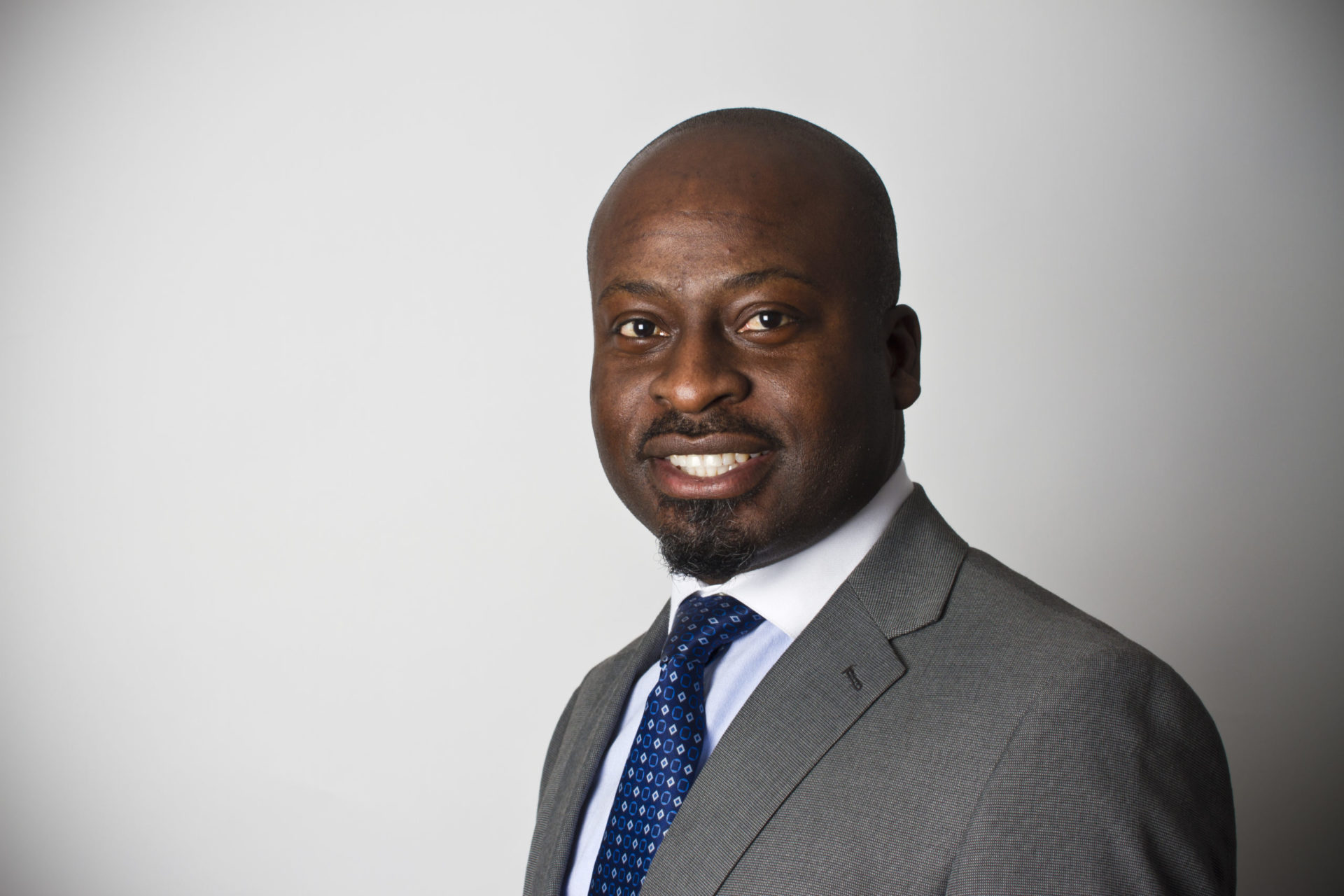

On the evening of Sunday, 21st June, LifeLine Projects held an online gathering for parents from the Ghanaian diaspora. We had around 35 parents on the Zoom call, mainly from communities across London, but also a few from further abroad, including the USA, Canada, and Ghana itself.
The idea for this event grew from discussions I had with LifeLine’s CEO Nathan about support for young people in the local Ghanian community, which I myself belong to. We saw a great need there, with many of our local young people being at risk of gangs and youth violence. I was particularly impacted when one of our alumni, Deji, was brutally murdered. In response, I decided to help build up a support network within the community to help them.
We were honored to be joined by Peguy Kato, a local mother, who shared a powerful story of how she had lost her son to knife crime in 2013.
Peguy was raised in the Congo, and learned to parent the Congolese way.
It takes a village to raise a child.


However, when she came to the UK in 1998, she found that this style of parenting wasn’t appreciated and that she no longer lived ‘in a village’. She spoke of a time where she had cut her daughter’s hair as a punishment for misbehaving – something her own mother had done to her as a child – which led to a visit from social workers concerned for her daugther’s wellbeing. She realised she didn’t have the tools available to parent in the ‘correct’ UK way, she was never taught about the rules and regulations here, nor about the dangers.
This meant that when her son Champion made new friends, she paid them little mind. She didn’t let them into the house with him, and she never had a chance to see what they were like. She never realised that they were dangerous, and that they were involved in local gangs.
On May 9 2013, Champion was stabbed to death in broad daylight on a road in Forest Gate. He was 17. His killer, also aged 17, was a drug dealer.
Following his death, Peguy drastically changed her approach with her other son. She took a close interest in his hobbies and interests, and got to know who his friends were. Now he’s completed university, and is focusing on a musical carreer as a rapper.
I found the event very useful for parents of tomorrow’s youth. [Peguy] really spoke some home truths that, because of systematic culture, you can be raising a child you don’t really know on the inside.
Working directly with parents is a new direction for our youth work. As we’ve mentioned previously, due to school’s being closed, our youth team started working more closely with parents to get better insight into a young person’s situation. In all these situations, we see a great need for there being better support available to parents in raising their children in today’s world.



